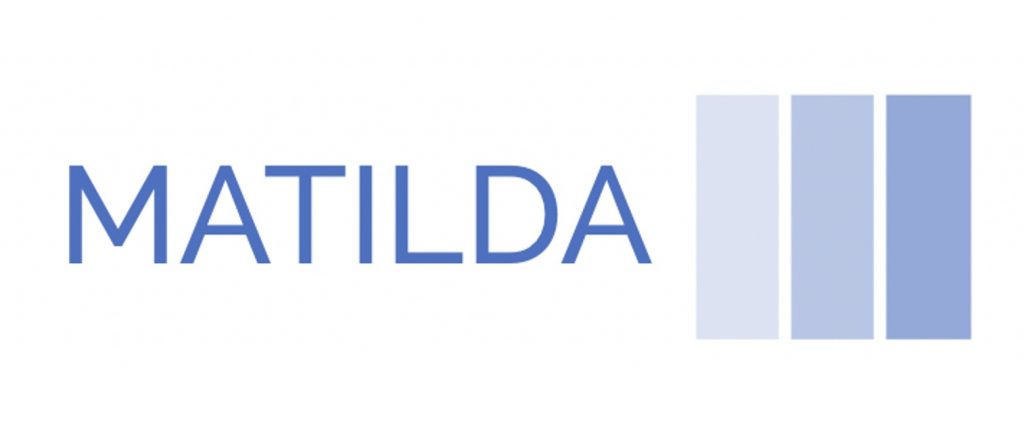
by Didier Torny, Matilda’s scientific director

With funding from ANR and support from Huma-Num, Matilda is now online. https://matilda.huma-num.fr/?l=en
What is Matilda?
An academic literature search tool, based on open data and open source software, that gathers literature published since 2019, including preprints from RePeC and ArXiv, the entire Crossref and PubMed databases, all enriched by Orcid and Unpaywall. Matilda processes 30,000 to 40,000 new texts daily.
What skills do you need?
You don’t need any computer or scientific information skills. All you need is to know what you’re looking for, and then explore from record to record, text to author and vice-versa.
What can you do with it?
You can subscribe to YOUR search results by RSS feed, to receive new texts daily on Zotero, for example those citing a central paper in your field, responding to a search key, an author (new texts and new citations).
You can search Matilda and export the results in Bibtex format to your favorite bibliographic tool without any limitations.
You can download any text found in Matilda via unpaywall with a single click, or go to the text’s source site.
Publications data are available in Matilda between 1 and 3 days after they appear in the source, about the same time as Google Scholar and much faster than Scopus and the Web of Science.
What will you soon be able to do?
We are currently developing V2, with CNRS funding, which includes Boolean connectors and full-text searches. Concretely, this means that instead of a search limited to title, authors, abstract, keywords and references, you will be able to decide to search in full text for all accessible texts, with an excerpt of the texts corresponding to your content appended to each result.
What can’t you do with it?
Matilda was created to meet the needs of researchers, not for collective evaluation or scientometrics. The platform is based on accessible data and controlled enrichment, and as affiliation data is scarce and of poor quality, it is not used in Matilda.
Feel free to contact me, to use it as you wish, and to circulate it. Such a tool is made to be used, but also to develop new services responsive to the demands of the scientific community. Since we know almost nothing about academic bibliographic research methods, this is an opportunity to learn (your data/IP are not traced, only the activation of the RSS feed is, giving us access to the collective feed of search keys).
And to complement “Une journée avec Bruno Latour” organized by the CSI on October 23, 2023, a continuous thread of publications by him or citing him.ant
Good luck with your research!

